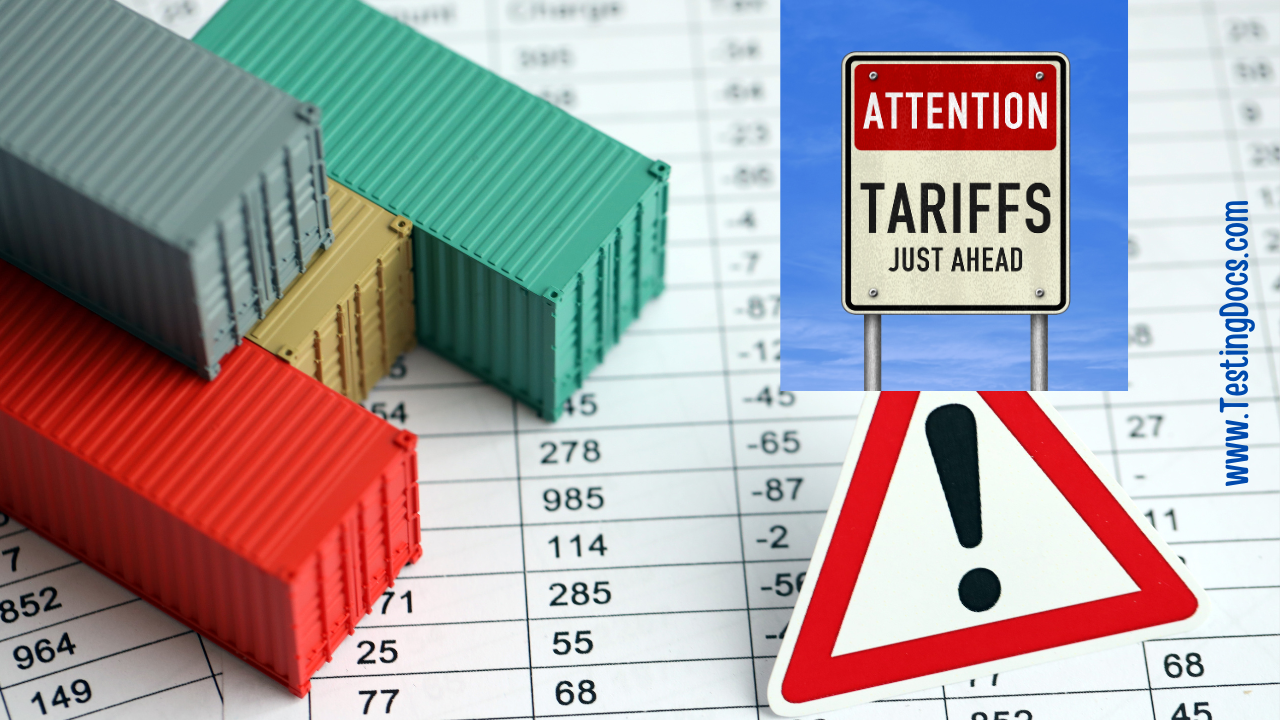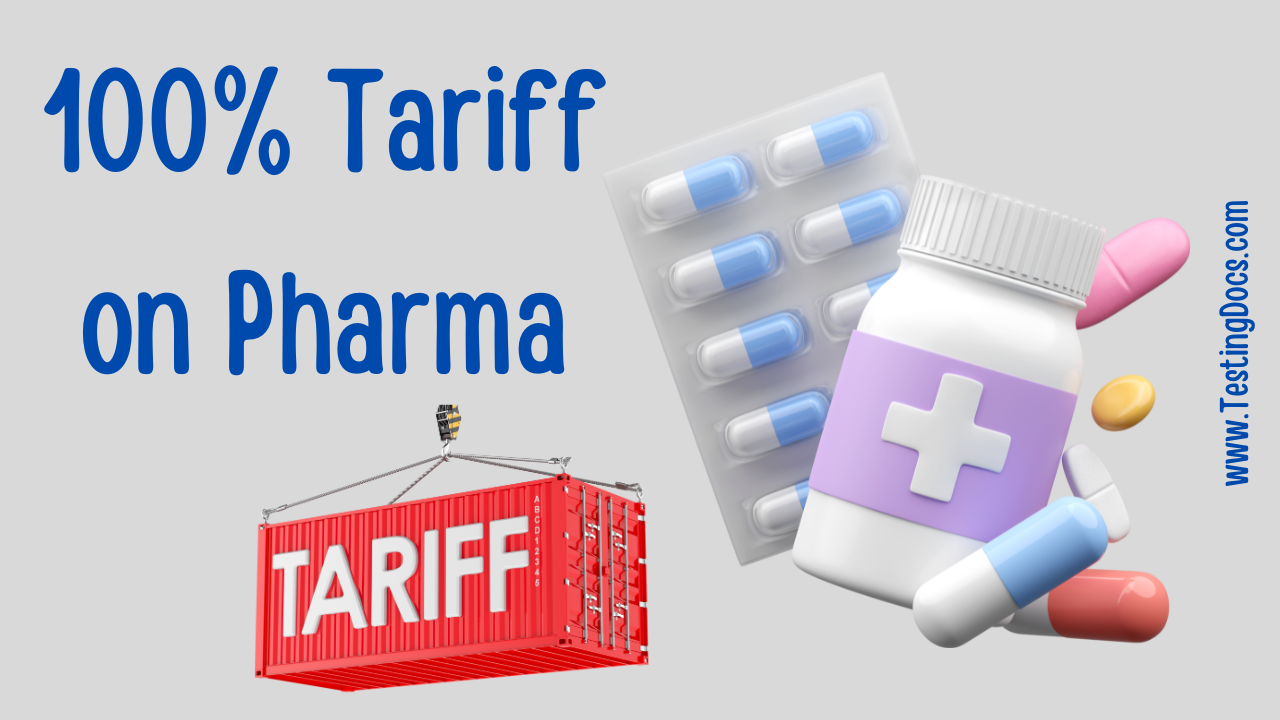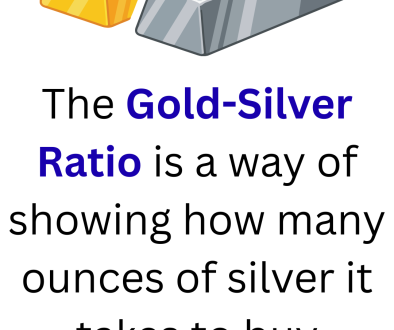100% US Tariff on Pharma Imports
100% US Tariff on Pharma Imports
Starting October 1, the United States is set to impose a 100% tariff on certain pharmaceutical imports. If you’ve never heard of tariffs before—or aren’t sure how they affect medicine prices or your investments—this article will break it down in simple terms.
What Is a Tariff?
A tariff is a tax that a government places on goods imported from other countries. Think of it like a toll booth on a highway—but instead of cars, it’s applied to products coming into the country. The goal is often to make foreign goods more expensive so that people buy locally made products instead.

What’s Happening on October 1?
Beginning October 1, the U.S. government will charge a 100% tariff on specific pharmaceutical products imported from certain countries. This means if a drug costs $10 to bring into the U.S., the importer will now have to pay an extra $10 in taxes—doubling the cost to $20 before it even reaches store shelves.
This move is part of a broader trade policy aimed at reducing reliance on foreign-made medicines and encouraging domestic production. While not all medicines are affected, the list includes key generic drugs and active pharmaceutical ingredients that many U.S. pharmacies and hospitals depend on.
The U.S. has grown increasingly concerned about its dependence on overseas manufacturers—especially for essential medicines. Recent global disruptions, like pandemics and geopolitical tensions, highlighted how fragile supply chains can be. By making imported drugs more expensive, the government hopes to push companies to manufacture more drugs inside the U.S., creating jobs and improving national security around healthcare supplies.

How Will This Affect Drug Prices?
In the short term, prices for some medications could rise. If a pharmacy or hospital has to pay double for a drug, they may pass that cost on to consumers or insurers. However, the long-term goal is to stabilize prices by building a more resilient domestic supply chain. That said, the immediate impact may be felt most by patients who rely on affordable generic medications.
Impact on Pharma Stocks
Pharmaceutical stocks are likely to react in different ways:
- U.S.-based manufacturers that produce drugs domestically may see their stock prices rise, as they become more competitive.
- Companies heavily reliant on imports—especially from targeted countries—could face higher costs and lower profit margins, potentially dragging their stock down.
- Generic drug makers might struggle initially due to cost pressures but could benefit if they shift production to the U.S.
Investors should watch for earnings reports and supply chain updates from major pharma firms in the coming months.
Top FAQs: 100% Tariff on Pharma Products
Does this tariff apply to all medicines?
No. It targets specific pharmaceutical products, primarily certain generic drugs and active ingredients, not brand-name or patented medications.
Which countries are affected?
The tariff mainly targets imports from countries identified as strategic trade concerns—though the exact list is determined by U.S. trade authorities and may evolve.
Will my prescription cost more?
Possibly, especially if your medication is a generic drug sourced from affected countries. However, insurance and government programs may absorb some of the increase.
How long will this tariff last?
Tariffs can be adjusted or removed based on trade negotiations or policy changes. There’s no fixed end date announced yet.
Is this good or bad for the U.S. healthcare system?
It’s a trade-off. Short-term costs may rise, but the long-term aim is greater self-reliance and supply chain security—which could prevent future drug shortages.
While a 100% tariff sounds extreme, it’s a strategic move with both risks and rewards. For everyday Americans, it could mean slightly higher drug bills in the near future—but potentially a more secure and responsive medicine supply down the road. For investors, it’s a signal to pay closer attention to where and how pharmaceutical companies source their products.

